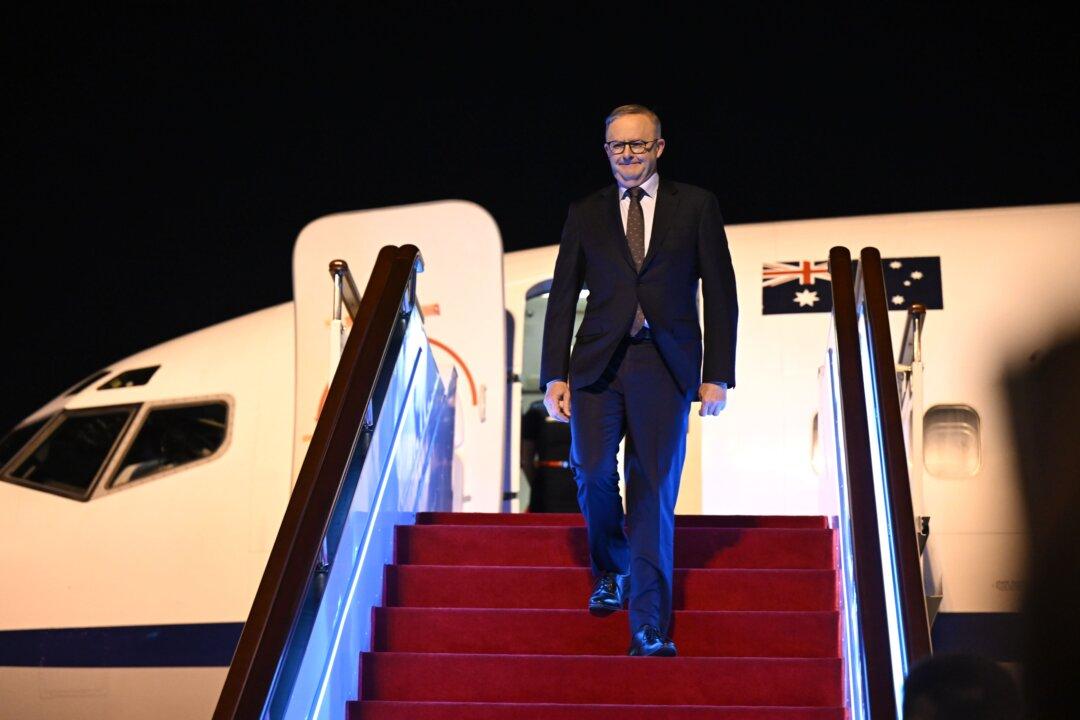The Australian government has stated that its relationship with China will not return to what it was in 2016, before the diplomatic fallout between the two sides.
This comes as Prime Minister Anthony Albanese is currently visiting China to mend the bilateral relationship and discuss trade issues.





